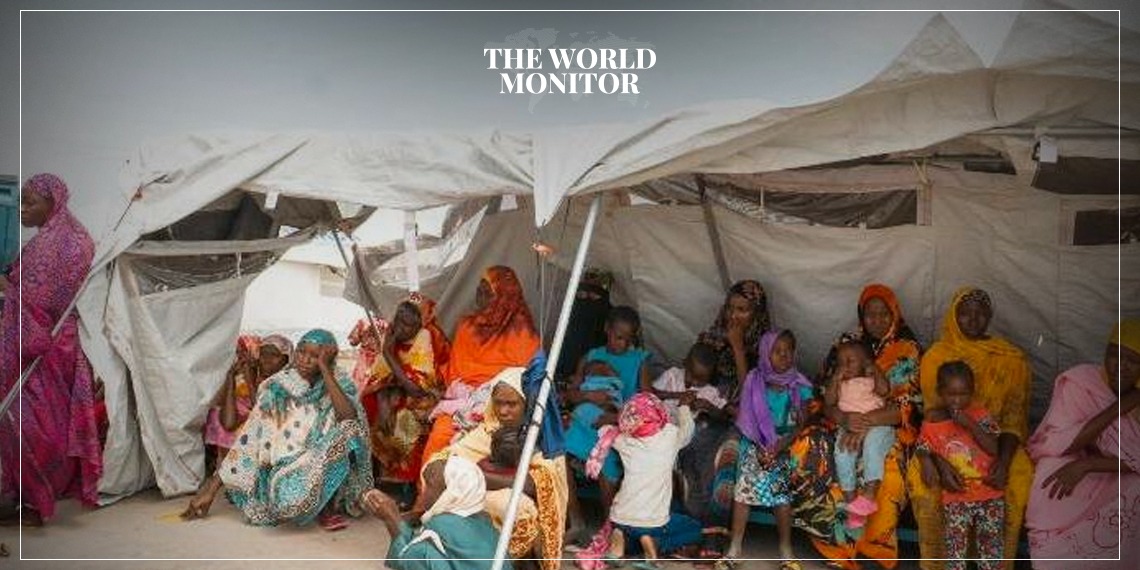The World Health Organization (WHO) has raised serious concerns over the deteriorating healthcare situation in conflict-ridden Sudan. Alarming statistics reveal that a staggering 70% of healthcare facilities in conflict areas within Sudan are non-operational.
This revelation comes as the United Nations World Food Programme (WFP) warns of an impending humanitarian catastrophe, with hundreds of thousands of South Sudanese refugees returning to their homeland, fleeing the Sudanese conflict.
Sudan’s healthcare infrastructure is in dire straits. Seven out of every ten healthcare facilities in conflict zones are incapacitated, leaving millions without access to essential medical services. This dire situation has only worsened, as ongoing violence and instability continue to disrupt the healthcare system.
The consequences of this crisis have been felt acutely by the Sudanese population, with access to healthcare becoming increasingly elusive.
South Sudanese Refugees Facing Acute Hunger:
The crisis is exacerbated by the plight of South Sudanese refugees who are returning to their home country in the midst of Sudan’s turmoil. These refugees are escaping the horrors of war in Sudan but are now confronted with another deadly threat: acute hunger. Shockingly, approximately 90% of these returning families are forced to endure days without meals, pushing them to the brink of starvation.
A Dire Humanitarian Situation:
Marie McGrath, the Director of the World Food Programme in Juba, has described the situation as families “moving from one disaster to another” as they flee the dangers in Sudan only to find despair in South Sudan. Since the conflict began in Sudan, approximately 7,500 people have lost their lives, according to the humanitarian organization Médecins Sans Frontières.
Failed Ceasefire Agreements:
Multiple ceasefire agreements have failed to halt the violence that has driven tens of thousands to cross Sudan’s borders, sparking fears of a widening humanitarian crisis. The World Food Programme warns that South Sudanese nationals, constituting nearly all returning refugees, are returning to a nation already grappling with unprecedented humanitarian needs. Those arriving today are in even more perilous conditions than families who fled in the initial weeks of the conflict.
The situation in Sudan is a stark reminder of the urgent need for international attention and support to address the healthcare and humanitarian crises plaguing the region. Immediate action is required to provide essential medical care to those in need and prevent further suffering in Sudan and among South Sudanese refugees.






